This week it's been suggested that Long Covid could become a bigger public health issue than the initial Covid-related death toll. A new report by Imperial College London revealed that 10 per cent of Coronavirus patients who took part in their study suffered long Covid symptoms such as fatigue and breathlessness a month after infection, with two per cent still experiencing symptoms after three months.
Tim Spector, Professor of Genetic Epidemiology at King's College London, warns Long Covid could become a bigger public health issue than excess deaths due to Covid-19. 'This is the other side of Covid: the long-haulers that could turn out to be a bigger public-health problem than excess deaths from Covid-19, which mainly affect the susceptible elderly.'
This summer, Lena Dunham shared her own long Covid story on Instagram. In the post, she revealed the long-lasting effects coronavirus has had on her body after she became sick in March. ‘The fact is, coronavirus kills, we know that. But it will also alter the bodies and lived experiences of so many who are infected, in ways they could never have predicted,’ she wrote.
She used her story to send an important message to those acting as if the pandemic is over and to raise awareness about the long-term effects. While we know a devastating number have lost their lives and others have experienced mild symptoms and recovered quickly, a new group is starting to emerge: the ‘Long Covid’ sufferers.
Andreane Rellou, 23, a model and actor in Essex, developed symptoms in March and went to hospital with breathlessness. Nearly five months later, she is still suffering from dizziness, very low blood pressure, fatigue, brain fog, shaking, awful migraines and severe heart palpitations – with which she was hospitalised again in July.
‘They told me my lungs were still inflamed, even though I got sick in March and it was July,’ she says. ‘I’d never even had a migraine before I got Covid. Now I can’t go to the shop or walk upstairs. I used to do a lot of dancing and exercise. Now, when I lie down, my heartbeat is still inexplicably very high, but before I was ill it was fairly low.’ In May, Andreane tried to go for a run and lasted 30 seconds before having to lie down for five hours. ‘It’s terrifying,’ she says. ‘The first few times it crossed my mind that I might be dying. It’s so difficult going from being very active to even stretches exhausting me.’
Thousands echo her story in online Covid-19 support groups, a couple of which she belongs to. ‘It’s helpful seeing there are people going through the same thing,’ she says. ‘I thought I was going mad.’
Megan Baber, 29, who works in communications in Birmingham, tested positive with Covid-19 in March and has just been approved for a blue disability badge. ‘I went out on Saturday for a coffee and I was in bed for three days afterwards; I’ve been off work for 10 weeks so far,’ she explains. She thinks Long Covid might become the new disability. ‘It’s been really hard to accept my limitations; I was always quite active and I’m a brass player, so my lungs had always been pretty good. What’s been most frustrating is the lack of concern from other people now lockdown is over,’ she says.
Doctors are worried about the number of Covid-19 survivors who are struggling to recover their previous lives. Dr John Wright of Bradford Royal Infirmary says sufferers are experiencing debilitating physical symptoms of fatigue, breathlessness, cognitive impairment and mental health problems, such as anxiety and depression.
‘We know little about what is causing this, so further research is crucial, but the symptoms are similar to what we see in patients with ME and chronic fatigue syndrome, so there may be much to learn from these patients that can inform how we help Long Covid patients,’ he says.
Athena Akrami, 38, is part of the research group whose report coined the term Long Covid. She’s a neuroscientist at UCL in London and caught the virus in March. Before, she was active. Now, she says her life is limited to bed, sofa and brief visits to the kitchen. She has also found support groups validatory, ‘given the lack of official acknowledgement and information, when the stereotypical case definition of Covid-19 was either a mild disease that resolves in two weeks or being hooked to a ventilator’, she says.
Hannah Davis, 32, a researcher from New York, is part of the same patient-led research team as Athena. ‘We were all researchers, data analysts and medical professionals pre-Covid and we’ve been studying ourselves and our symptoms,’ she says. Hannah has been sick for 133 days despite considering herself healthy. ‘There needs to be more awareness of long-term effects. A non-trivial percentage of those with symptoms will go on to be long-haulers,’ she adds.
Like Lena Dunham, Andreane wants people to realise Covid-19 can affect anyone – and have life-changing consequences. ‘Wearing a mask is the minimum any of us can do,’ she says. ‘I wish people were more aware of what the virus can do to you.’
Life: Coronavirus 2020
 1 of 14
1 of 14Coronavirus: I’m Young And Healthy – Is It Ok To Go Out And See Friends?
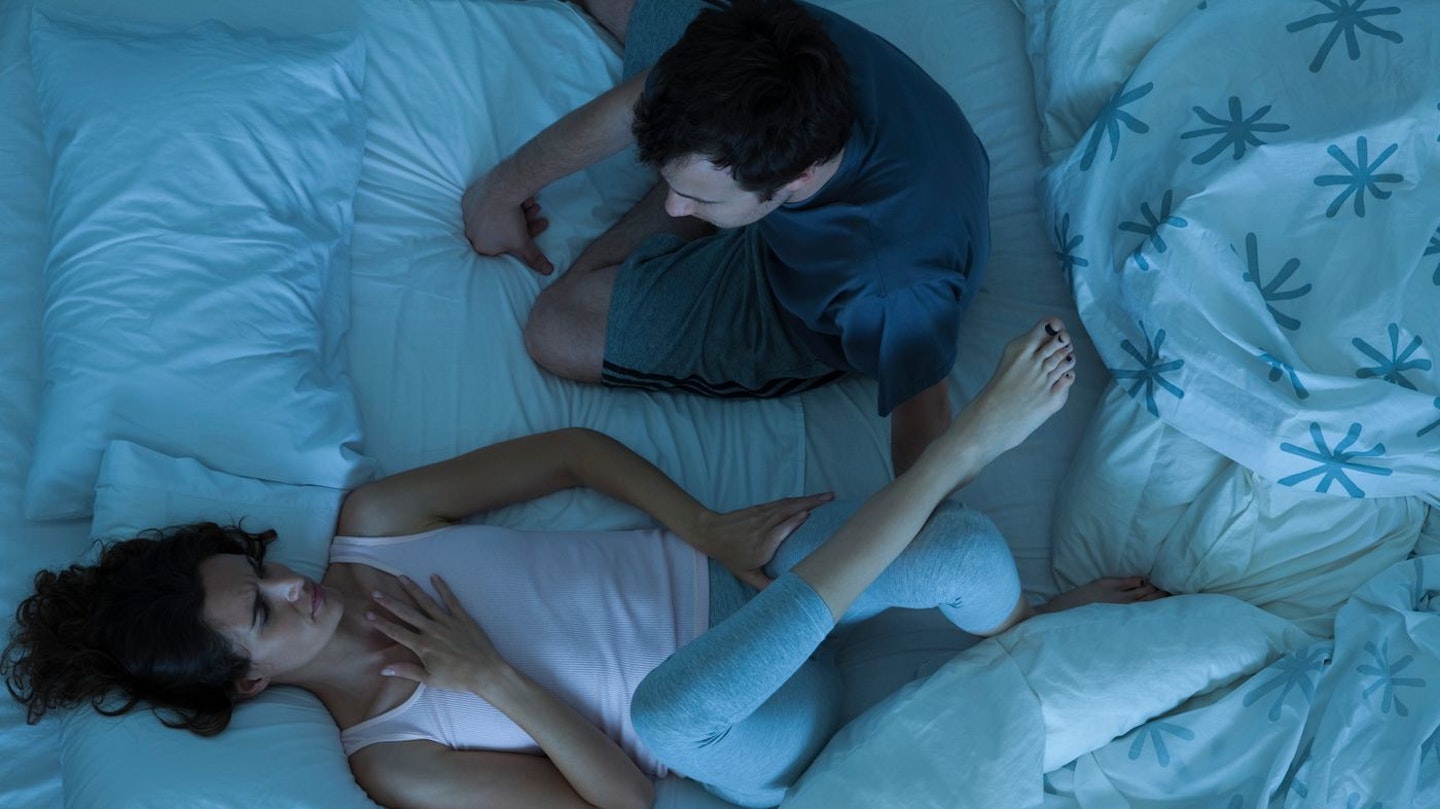 2 of 14
2 of 14I've Been With My Boyfriend For Four Months – Should I Go Into Quarantine With Him?
 3 of 14
3 of 14Working From Home And MissIng Your Colleagues And Your Routine?
 4 of 14
4 of 14From EastEnders To The Friends Reunion: Here's How Coronavirus Is Affecting Our TV Schedules
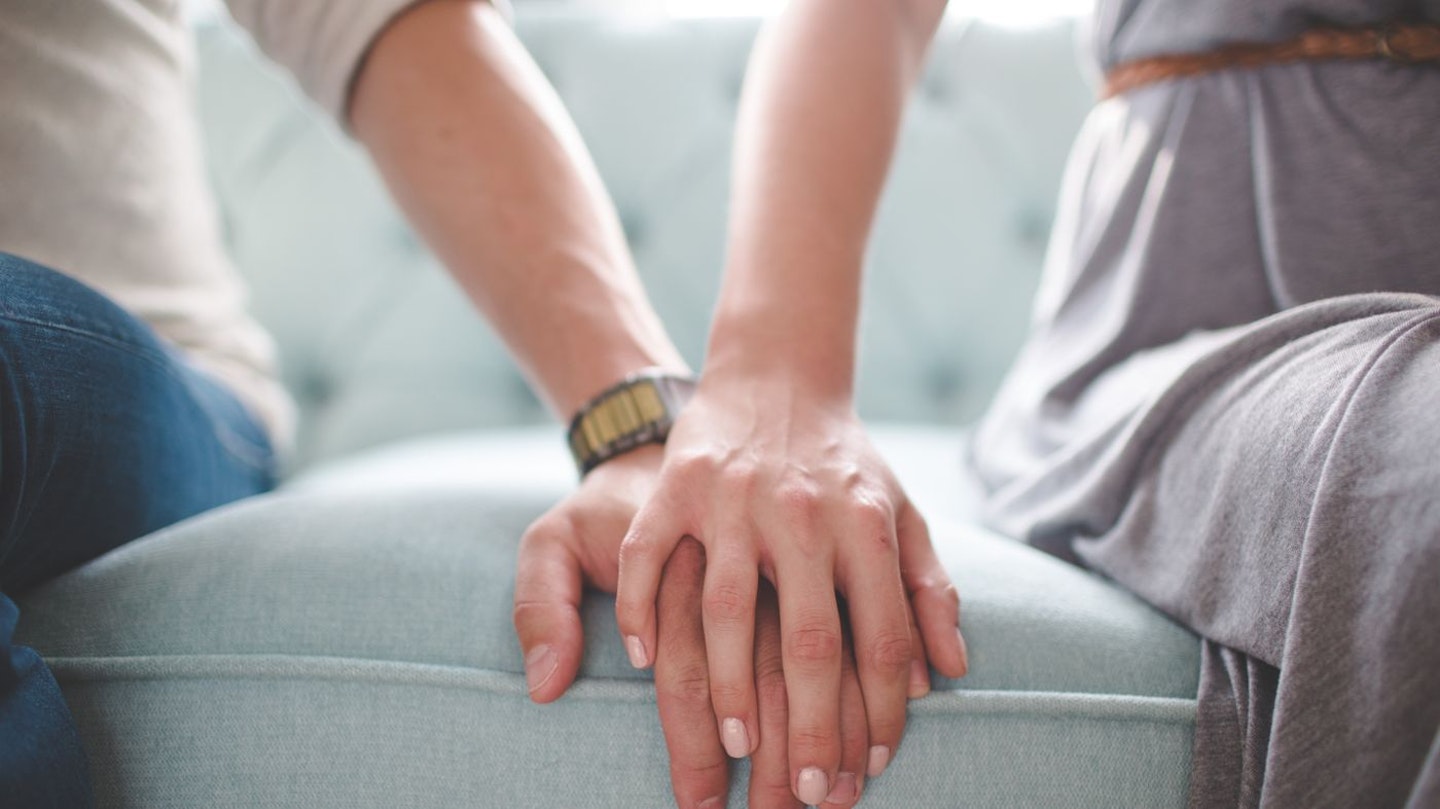 5 of 14
5 of 14Coronavirus: How To Survive Being Cooped Up As A Couple
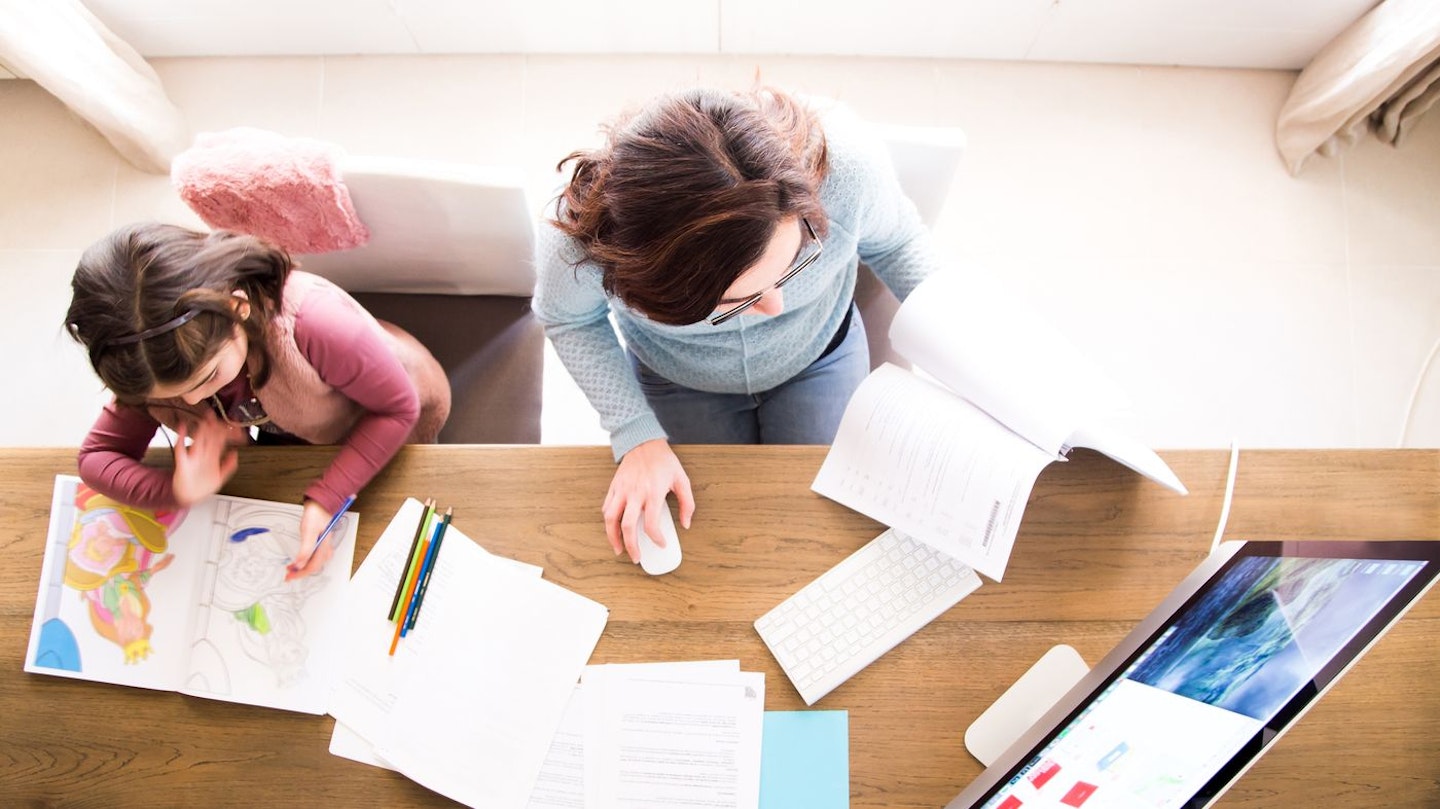 6 of 14
6 of 14Coronavirus And Parenting: The Importance Of Structure, Honesty And More TV Than Usual
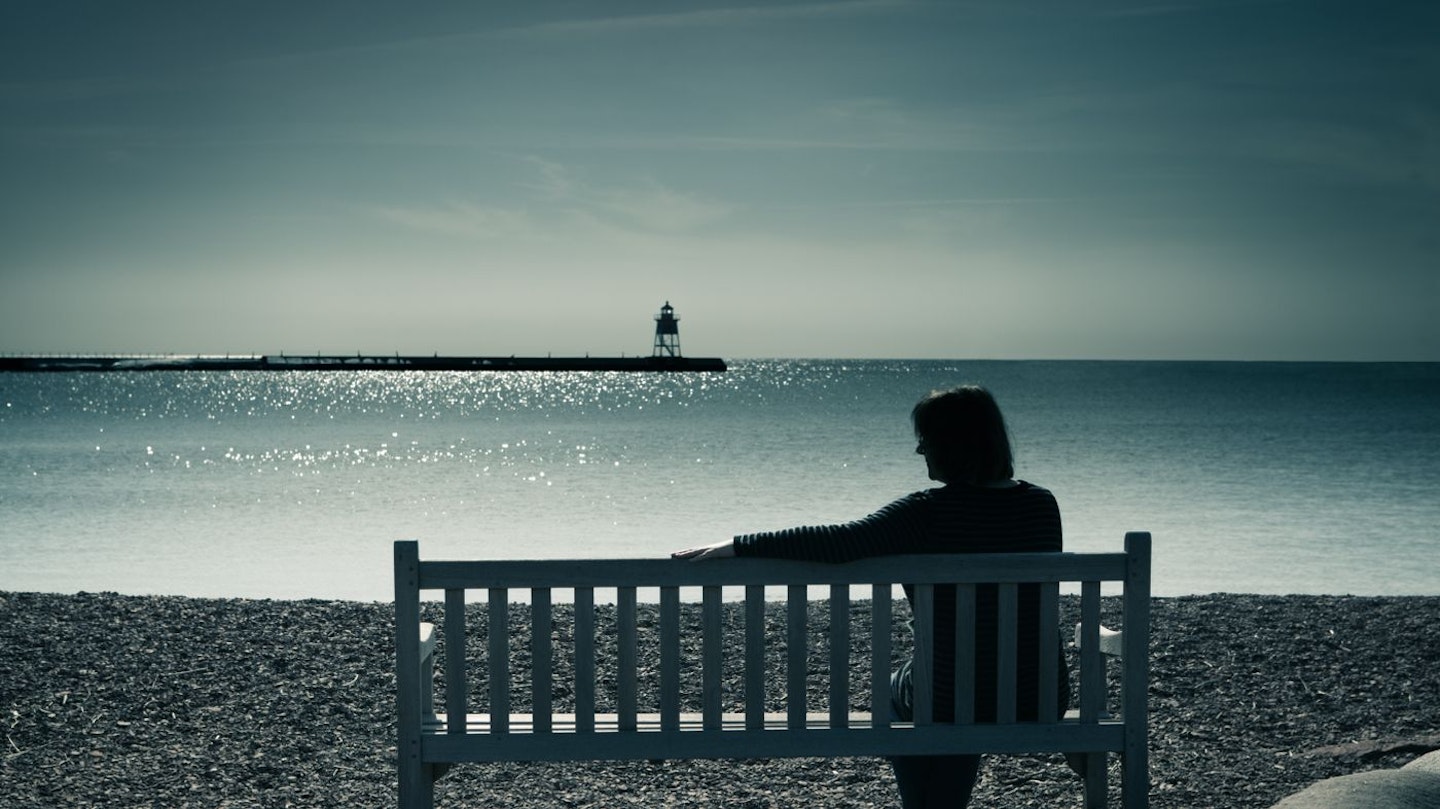 7 of 14
7 of 14How Coronavirus Is Changing My Relationship With My Mum, And My Daughter
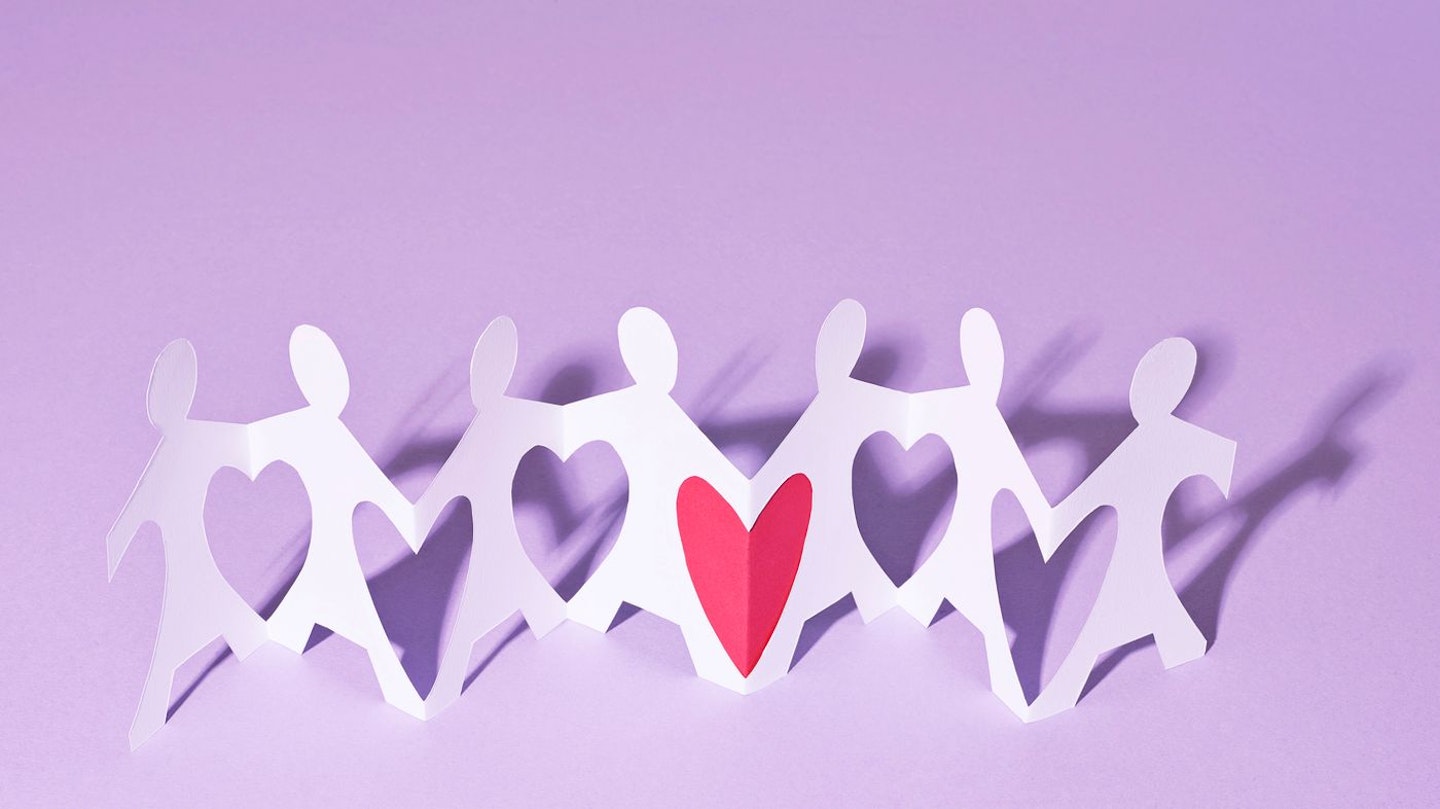 8 of 14
8 of 14Coronavirus: How To Help The Most Vulnerable Women In Society
 9 of 14
9 of 14Coronavirus: The Reality of Cancelling A Dream Italian Wedding
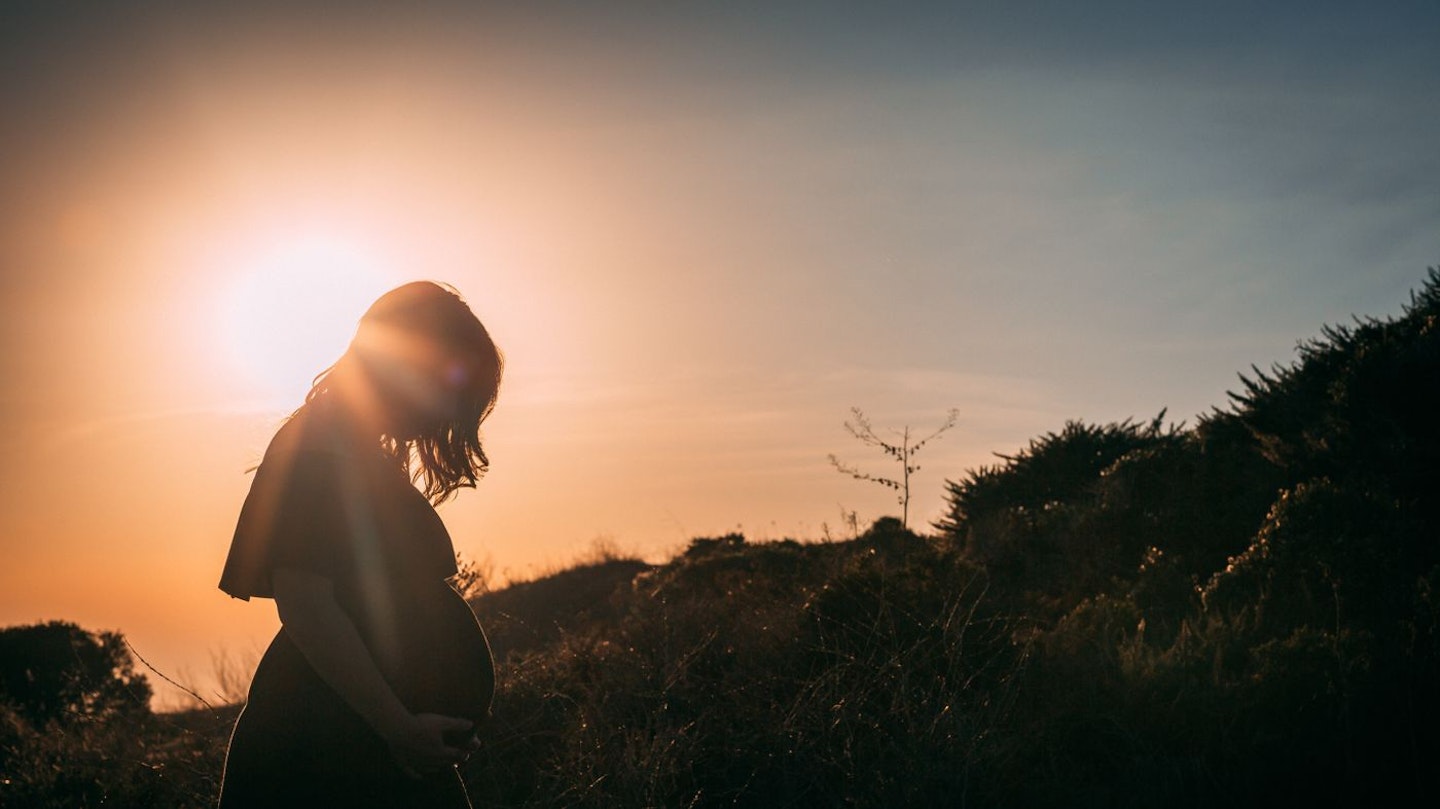 10 of 14
10 of 14‘I Just Have To Hope The Baby's Doing OK’: How It Feels To Be Pregnant Or Trying To Conceive During Coronavirus
 11 of 14
11 of 14Coronavirus: As A Solo Parent During A Pandemic, My Back-Up Plans Have Been Shaken
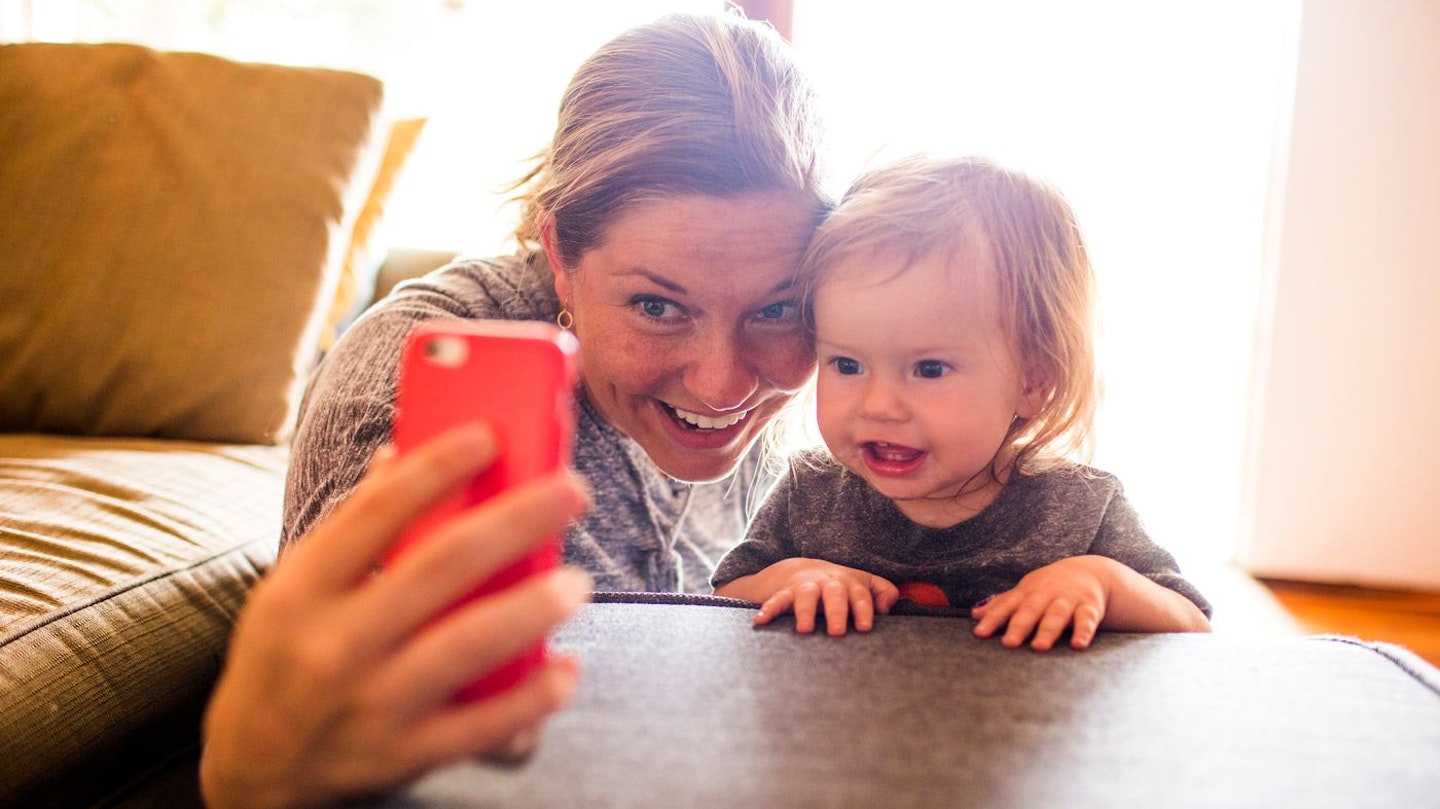 12 of 14
12 of 14Coronavirus: How Can We Celebrate Mother’s Day While Being Socially Responsible?
 13 of 14
13 of 14Coronavirus In Italy: What It's Like Living In Lockdown
 14 of 14
14 of 14